Femia > Health Library > Pregnancy > Pregnancy health > Can you get piercings while pregnant?
Can you get piercings while pregnant?
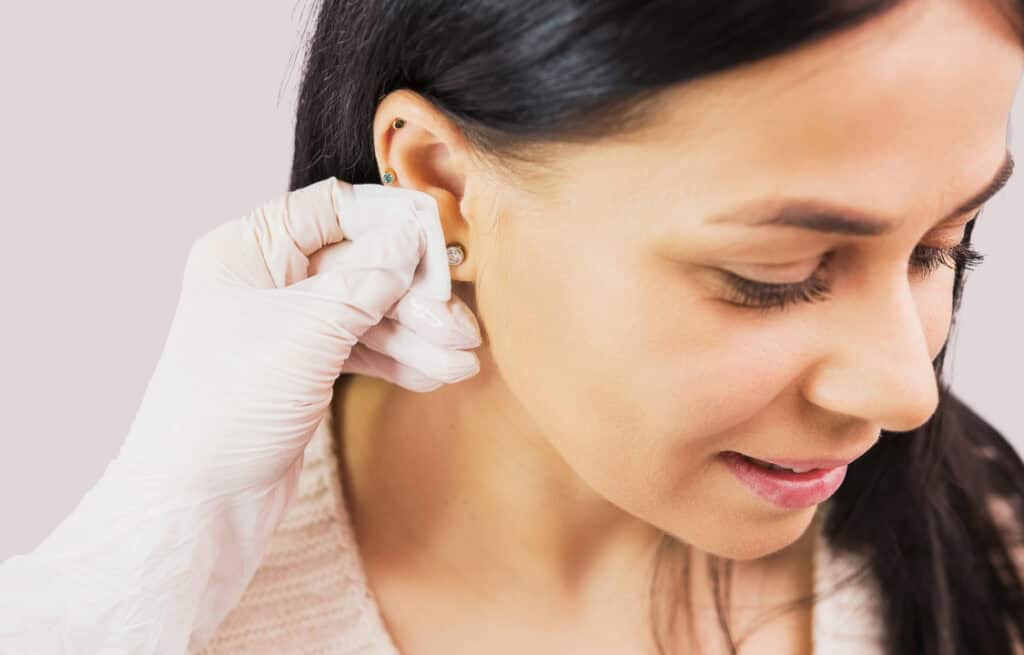
- Updated Feb 10, 2025
- Published
CRAFTED BY HUMAN
Crafted by human At Femia, we provide accurate and up-to-date information at every stage of your journey, from trying to conceive, pregnancy and postnatal support. All content is created by a real person based on in-depth research and own professional experience. Femia ensures that you will receive expert advice, strict accuracy and a personalized approach from our authors/medical experts. Learn more about our editorial policy.
FACT CHECKED
Fact checked At Femia Health, we maintain the highest standards of editorial excellence in delivering content focused on helping you conceive, guiding you through pregnancy, and supporting you postpartum. Explore our content review principles to learn how we ensure the accuracy and quality of our health and lifestyle tips for every stage of your journey.
Getting any type of body piercing while pregnant is not recommended. This is because the mother has a weakened immune system during pregnancy, and piercings may be discomforting and pose infection risks for the mother and baby. So, it is best to plan a piercing after your pregnancy.
Overall, getting a piercing during pregnancy may sound safe, but it’s not free from risk, whether it’s an ear piercing, nose piercing, belly button piercing, or any other.
During pregnancy, your body undergoes various physical changes, so it is best to minimize exposure to discomfort or pain, even if it’s minor.
Whether you already have piercings and are planning to get pregnant or are planning to get pierced during pregnancy, we’ve got you covered.
Track your symptoms with Femia and get tailored
health advice right on your phone
Is it safe to get piercings while pregnant?
So, can you get piercings while pregnant? Unfortunately, getting piercings while pregnant is not safe. Your body undergoes significant physical and hormonal changes in pregnancy and does not remain the same as it was before.
Moreover, your immune system is comparatively weaker during pregnancy, so even minor swelling, redness, or pain after piercing can take longer to heal, become irritated or infected, and cause complications.
It is recommended to avoid getting a new piercing if you are planning to get pregnant within the next year.
Fully healed piercing doesn’t carry infection risks, but it is still recommended to remove body jewelry before labor for comfort and ease.
👉Find out more: Can you get lip fillers while pregnant? Here’s what you need to know
Risks of new piercings during pregnancy:
- Infections at piercing site. The opening or cut can increase the chances of infection symptoms, like redness, bleeding, itching, or swelling. Moreover, the infection may spread and travel to the bloodstream, putting your baby’s health at risk, because the immune system is too weak to fight the disease.
- Allergy. You might discover that you are allergic to some metals used in jewelry, like nickel. If this is the case, it might lead to allergic reactions, for example, contact dermatitis.
- Blood-borne diseases. Although rare, it is possible to be exposed to an infected substance when getting pierced and catch blood-borne diseases. So, it’s best to stay cautious and postpone your piercing until after pregnancy.
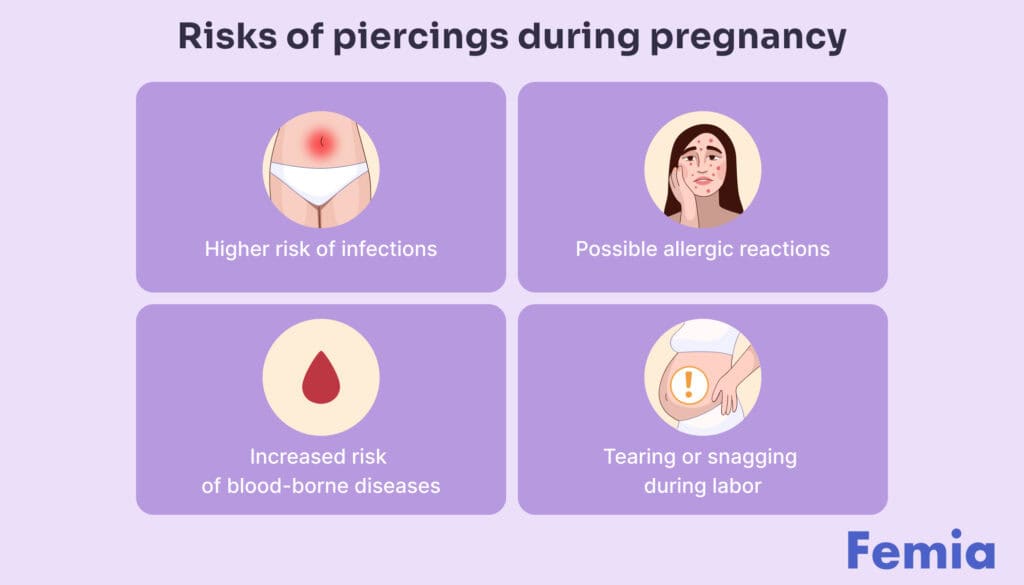
Can I get my nose pierced while pregnant?
Studies have reported multiple risks and complications with nasal piercings, even in healthy, non-pregnant individuals. Hence, people with enhanced susceptibility to infections, like immune systems weakened due to pregnancy, may be at a greater risk of facing complications from nasal piercings.
Studies also report that getting your nose pierced may cause inflammation, or bacteria infecting your nose piercings.
So, it’s recommended to avoid nose piercings while pregnant.
👉Find out more: Can you get Botox while pregnant?
Can I get my ears pierced while pregnant?
Ear piercings can be risky in pregnancy, but the upper ear or ear cartilage piercing carries more severe complication risks and longer healing time than earlobe piercings.
Hence, it is ideal to avoid both types of ear piercing if you are pregnant or planning to become pregnant within one year.
What happens to belly button piercing during pregnancy?
Belly button and navel piercings may become problematic for you in the last months of pregnancy. The stretching and expansion of the abdomen may lead to jewelry migration and rejection.
Belly button piercings are not recommended during pregnancy because they possess scarring, jewelry extrusion, and migration risk factors.
Can I get my nipples pierced during pregnancy?
Nipple piercings may not only be harmful during pregnancy, but they may also negatively affect lactation. It may cause breastfeeding problems, like blockage of the milk duct, poor latch, and slurping. Moreover, studies also report abscess formation from nipple piercings.
Because of these reasons, nipple piercings are not recommended during pregnancy or lactation.
Track your symptoms with Femia and get tailored
health advice right on your phone
Should I take my piercings out during pregnancy?
Fully healed piercings are generally not a concern during pregnancy if they don’t cause infection or discomfort.
To manage minor discomfort or pain from piercings, you can follow these recommendations:
- Cold compresses. Applying a cold compress can help reduce swelling and provide pain relief.
- Keep the area clean. Gently clean the piercing area twice daily using unscented soap and water.
- Topical treatments. Instead of topical NSAIDs, you can use topical hydrocortisone cream or calamine lotion to relieve itching and irritation.
- Avoid scented products. Use unscented lotions to avoid additional irritation.
- Wear loose-fitting clothing. This helps prevent friction and irritation around the piercing area.
If any piercing causes severe discomfort, infection, or pain, it is advisable to consult your doctor for personalized advice on removing or keeping the piercing.
👉Find out more: Can you get a spray tan while pregnant?
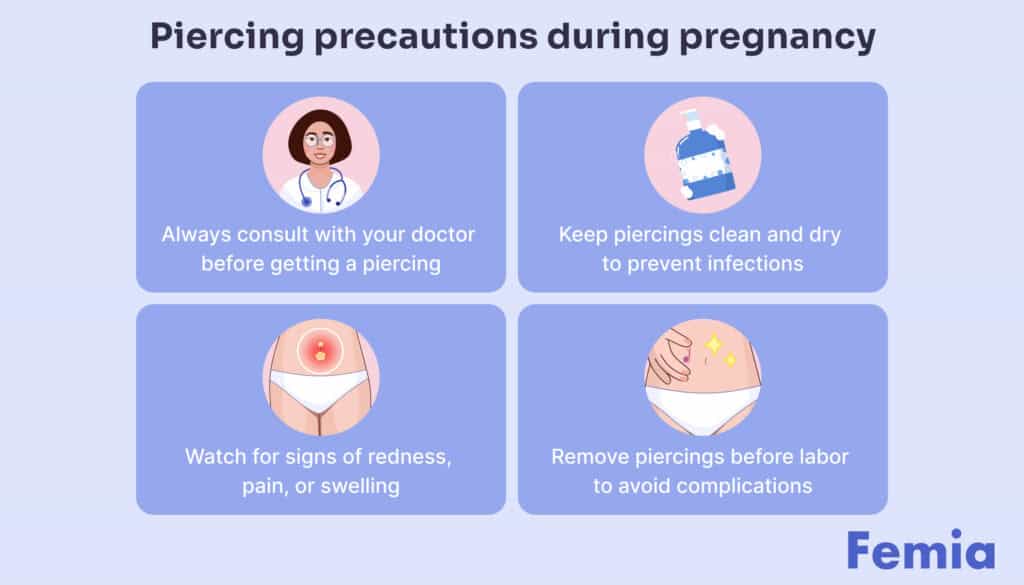
Questions from the Femia community
What if I got a piercing and then found out that I was pregnant?
A fully-healed piercing or piercing before pregnancy is generally not harmful. However, it is essential to consult your doctor for personalized advice and keep an eye on your piercing for any signs of infection or inflammation. If you notice any signs of illness or pain in the piercing, consult your healthcare provider immediately.
Navel and nipple piercings carry the risk of localized scarring, migration, and rejection of jewelry during pregnancy, especially in the latter months. Hence, it is recommended to remove all body jewelry before childbirth.
How soon after pregnancy can you get a piercing?
It is recommended to allow three to six months of healing and recovery time after your delivery before getting a piercing. However, nipple piercings are not advised if you are breastfeeding.
What happens if a piercing gets infected while pregnant?
If a piercing gets infected during pregnancy, it may have potential risks for the baby. Hence, you should immediately consult your doctor to treat the infected piercing and prevent further complications.
The bottom line
All types of body piercing have risks of infection in both pregnant and non-pregnant women. But, as our body goes through hormonal and physical changes during pregnancy and needs more rest, relaxation, and comfort than usual, we should minimize any exposure that leads to even minor infection risks.
Hence, the key advice remains to avoid new piercings during pregnancy, so our body doesn’t encounter any more discomfort.
If you do get a new or existing piercing during pregnancy, it is crucial to watch for any signs of infection, pain, or redness and maintain hygiene. Moreover, it is recommended to consult your healthcare provider for personalized advice regarding any new or existing piercings during pregnancy.
References
- Holbrook, Jaimee, et al. “Body Piercing.” American Journal of Clinical Dermatology, vol. 13, no. 1, Feb. 2012, pp. 1–17. https://doi.org/10.2165/11593220-000000000-00000.
- De Cuyper, Christa, et al. “Piercings: Techniques and Complications.” Springer eBooks, 2018, pp. 101–19. https://doi.org/10.1007/978-3-319-77098-7_5.
- Van Hoover, Cheri, et al. “Body Piercing: Motivations and Implications for Health.” Journal of Midwifery & Women’s Health, vol. 62, no. 5, Aug. 2017, pp. 521–30. https://doi.org/10.1111/jmwh.12630.
- “Piercings: How to Prevent Complications.” Mayo Clinic, 1 Mar. 2024, www.mayoclinic.org/healthy-lifestyle/adult-health/in-depth/piercings/art-20047317.
- Meltzer, Donna I. “Complications of Body Piercing.” AAFP, 15 Nov. 2005, www.aafp.org/pubs/afp/issues/2005/1115/p2029.html#nose-piercing.
- Holbrook, Jaimee, et al. “Body Piercing.” American Journal of Clinical Dermatology, vol. 13, no. 1, Feb. 2012, pp. 1–17. https://doi.org/10.2165/11593220-000000000-00000.
- Clinic, Cleveland. “How to Treat an Infected Nose Piercing.” Cleveland Clinic, 30 Apr. 2024, health.clevelandclinic.org/infected-nose-piercing.
- Professional, Cleveland Clinic Medical. “Infected Ear Piercing.” Cleveland Clinic, my.clevelandclinic.org/health/diseases/21503-infected-ear-piercing.
- American Pregnancy Association. “Piercing and Pregnancy.” American Pregnancy Association, 5 May 2022. https://americanpregnancy.org/healthy-pregnancy/is-it-safe/piercing-and-pregnancy/.
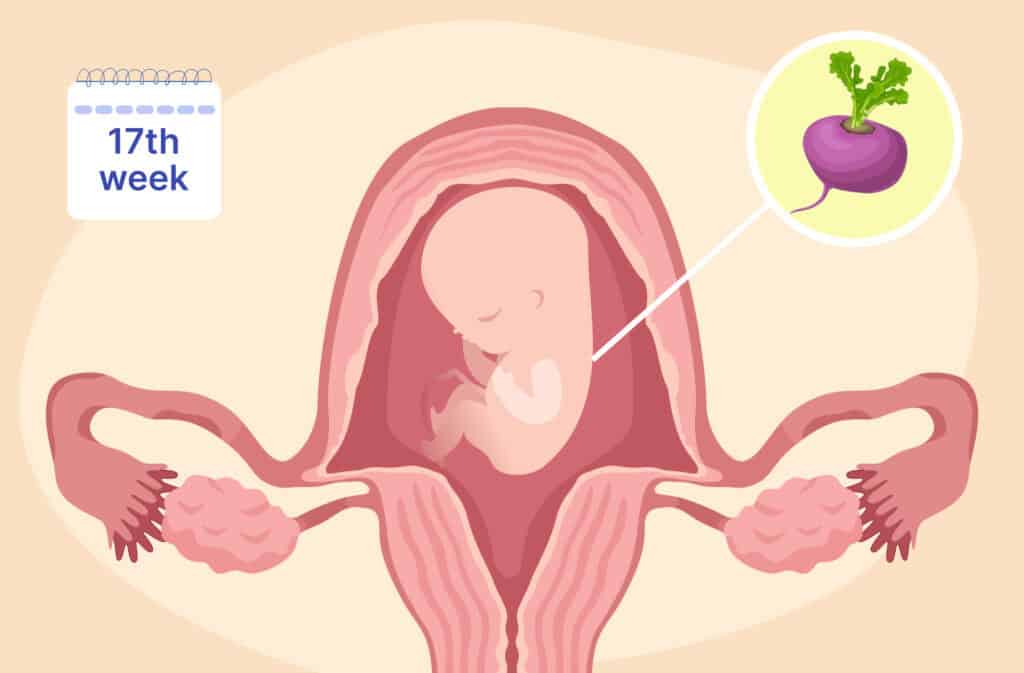
Discover what’s happening at 17 weeks pregnant, from baby’s position and size to symptoms, ultrasound details, and helpful self-care tips.

Discover 7 natural ways to boost fertility in women. Learn about diet, lifestyle changes, and timing intercourse. Expert tips to increase your chances of getting pregnant.
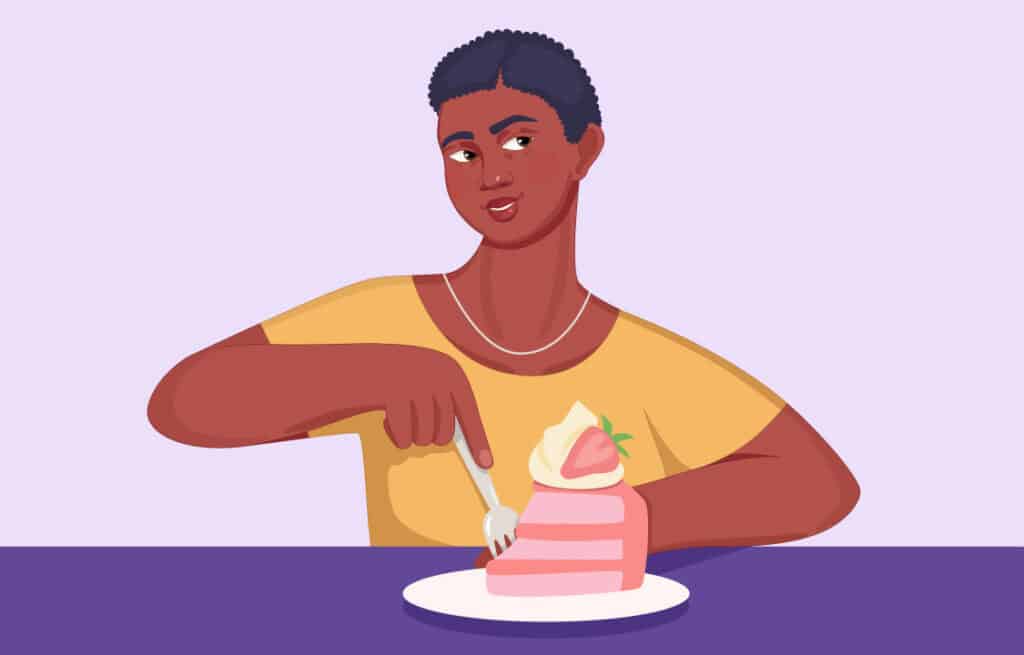
Explore 25 weird pregnancy cravings! Find the most common pregnancy cravings food combos. What causes unusual cravings, their meanings, and how to manage them.

